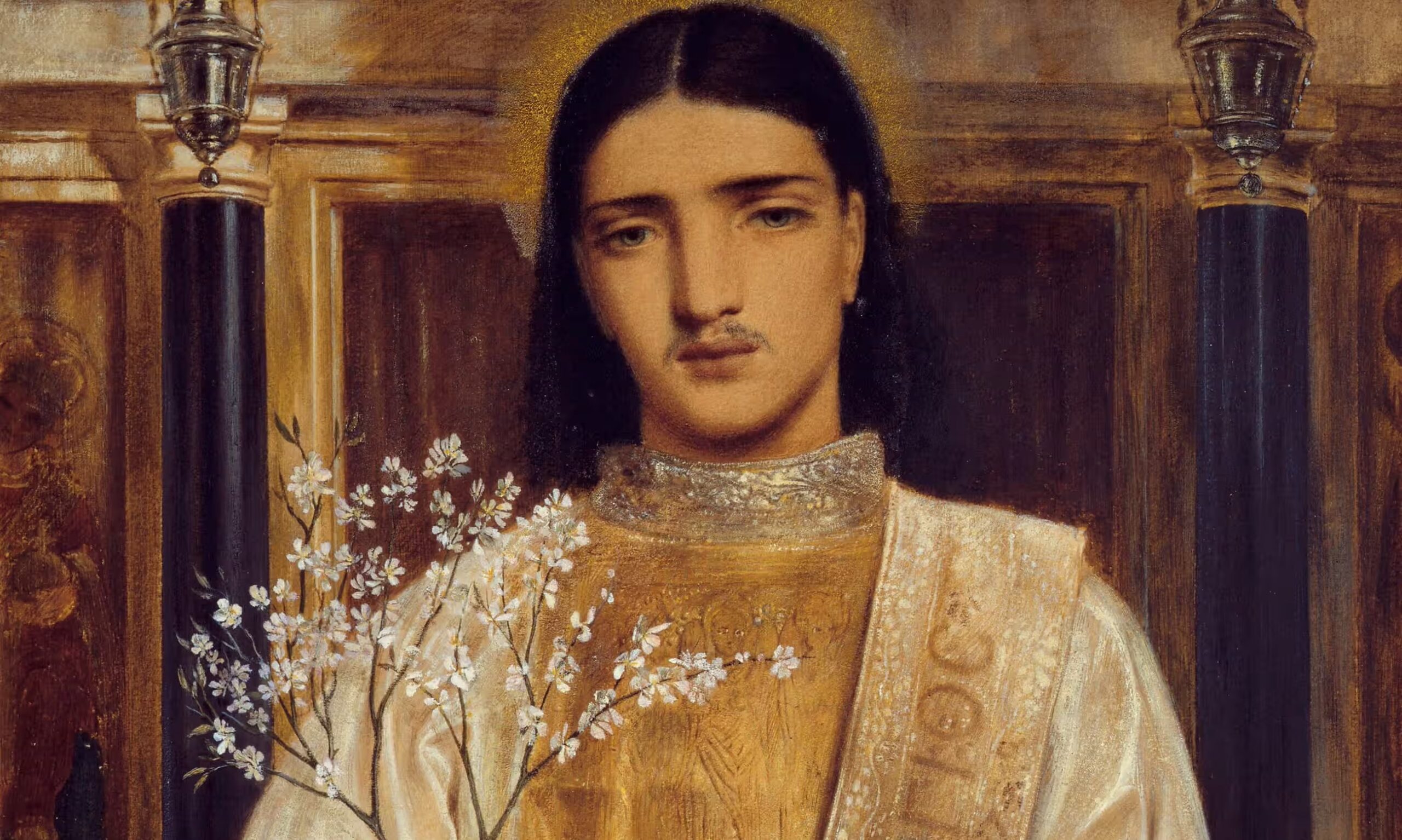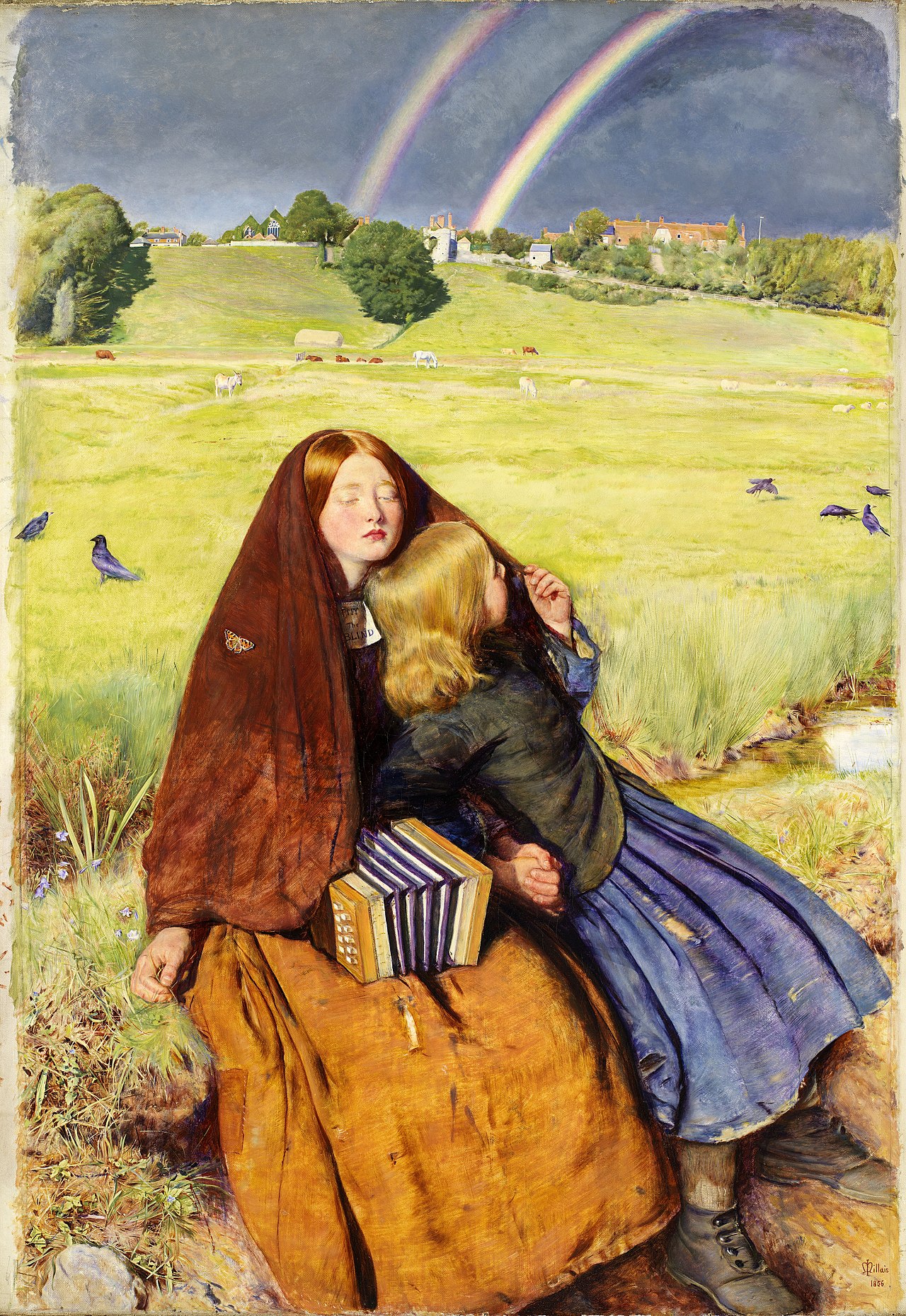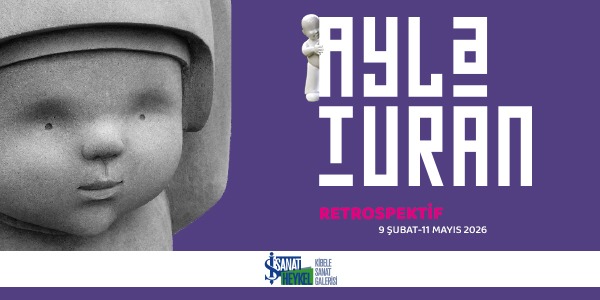In a bold and innovative leap, Birmingham’s Barber Institute of Fine Arts is set to redefine the art of viewing by introducing the art of smelling. This October, the Institute will unveil its groundbreaking exhibition, Scent and the Art of the Pre-Raphaelites, inviting visitors to experience the masterworks of the Pre-Raphaelite Brotherhood not only with their eyes but with their noses.
This pioneering exhibit, which opens on October 11, will immerse audiences in the rich olfactory landscapes that the paintings evoke, blending the visual with the aromatic. The show promises to transport visitors into the English countryside and a Russian church, all through the subtle yet powerful influence of scent.
One of the standout pieces, Sir John Everett Millais’s The Blind Girl (1854-56), depicting a blind girl and her companion resting in a meadow beneath a stormy sky, will be accompanied by the earthy aroma of freshly wetted grass and damp soil, evoking the sensory experience of the English countryside after a rainstorm. Similarly, Simeon Solomon’s A Saint of the Eastern Church (1867-68), where a man with a halo holds an incense burner, will offer the heady scents of incense and amber wood, conjuring the ambiance of a timeworn church interior. These scents will be released on demand by visitors through the push of a button on a nearby diffuser, allowing for a personalized sensory engagement with the art. Those who prefer to focus solely on the visual can, of course, opt out of this olfactory adventure.

The exhibition, a collaboration between the Barber Institute, the curatorial collective Artphilia, and the Spanish fashion and perfume house Puig, which developed the cutting-edge AirParfum technology, is the latest in a series of ventures blending art with scent. The museum hopes to follow in the successful footsteps of the Prado in Madrid, where a similar initiative in 2022 extended the average viewer engagement with a painting from a fleeting 32 seconds to a contemplative 13 minutes.
The Barber Institute holds an impressive collection, including works by Botticelli, Gainsborough, and Degas. In this exhibition, curators aim to highlight how the theme of scent weaves through these masterpieces, adding a dimension often overlooked in traditional art history. Dr. Christina Bradstreet, the exhibition’s curator and author of Scented Visions: Smell in Art, 1850-1914, explains that scent was a key element in 19th-century art, even though it has largely been ignored by scholars. “Scents in Pre-Raphaelite paintings have been overlooked, but they were a key element,” she notes. “We want people to take a long, slow look at the paintings, smell the scents, and perhaps imagine themselves there in the scene.”
One of the most evocative examples is Millais’s The Blind Girl, an allegory of the senses where the blind figure, deprived of sight, becomes attuned to the smells, sounds, and textures around her—sensations that the sighted viewer is prompted to imagine. Millais’s painting is thought to be a reflection on the senses and spiritual vision, potentially inspired by the artist’s concern for the rural poor during the Irish famine, where blindness caused by ophthalmia was common.
Antje Kiewell of Artphilia, who played a pivotal role in developing the scents for the exhibition, reveals that The Blind Girl inspired two distinct aromas. The first captures the rain-soaked pasture, blending the scents of freshly cut grass, spring flowers, and damp earth. The second recreates the intimate smell of a younger sibling burying her face in her sister’s musty, rain-dampened shawl—a comforting scent steeped in nostalgia.
The exhibition, with its multisensory approach, is not just a feast for the eyes but a journey through memory and emotion, illustrating how scent can deepen our connection to art. As Dr. Bradstreet puts it, “This is an experiment to see if scents can bring these paintings to life, enhancing people’s understanding of the work.” It is an experience that promises to linger long after the visit, not just in the mind but in the senses.









